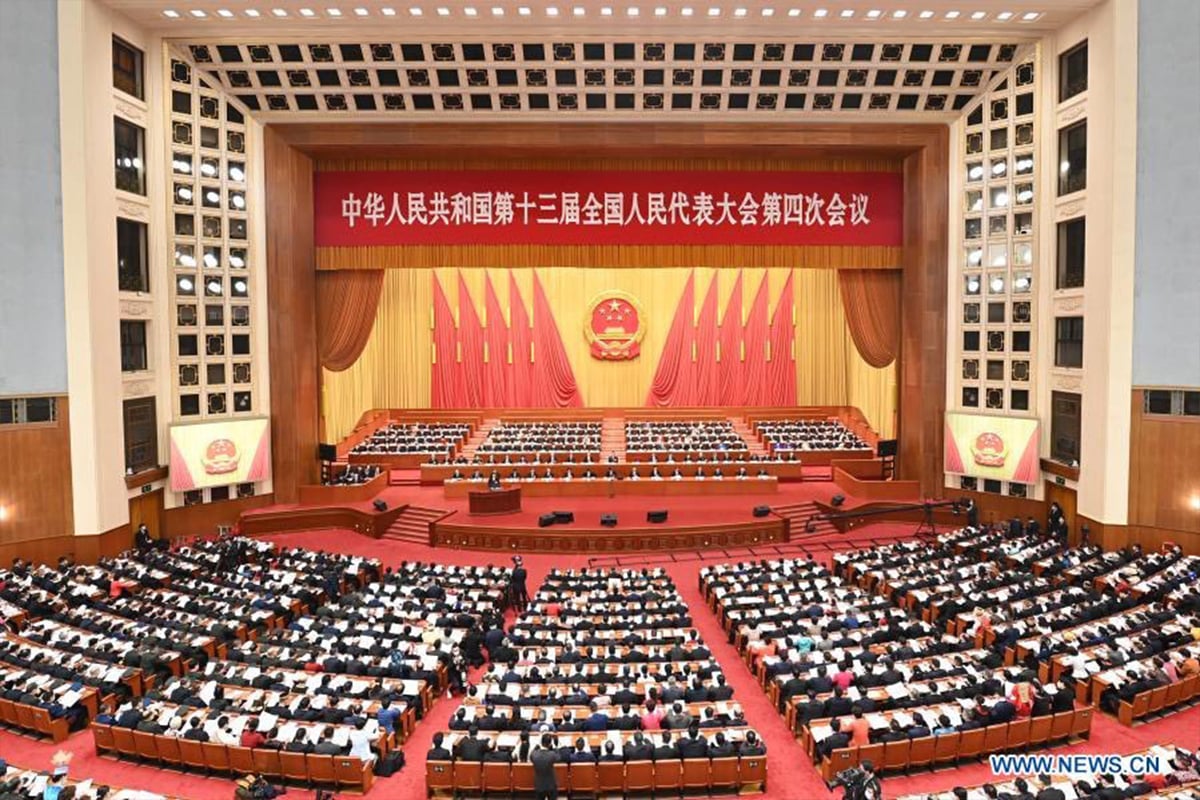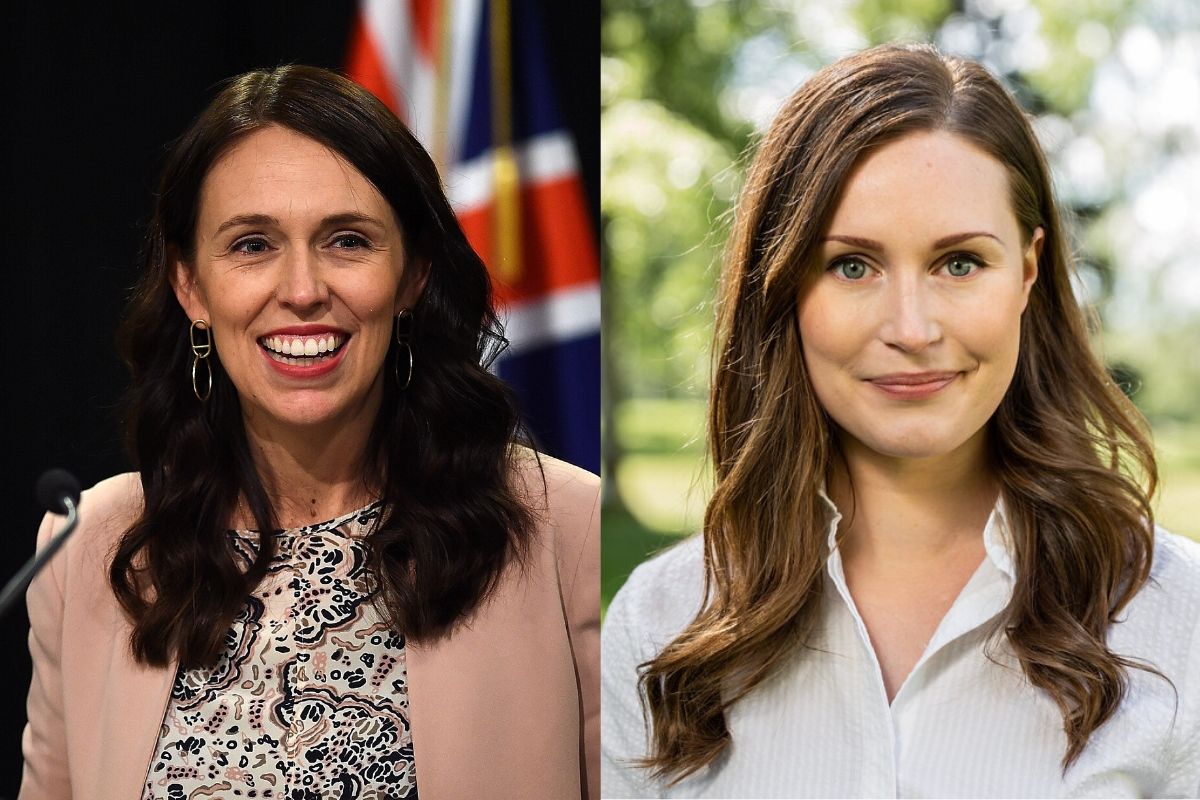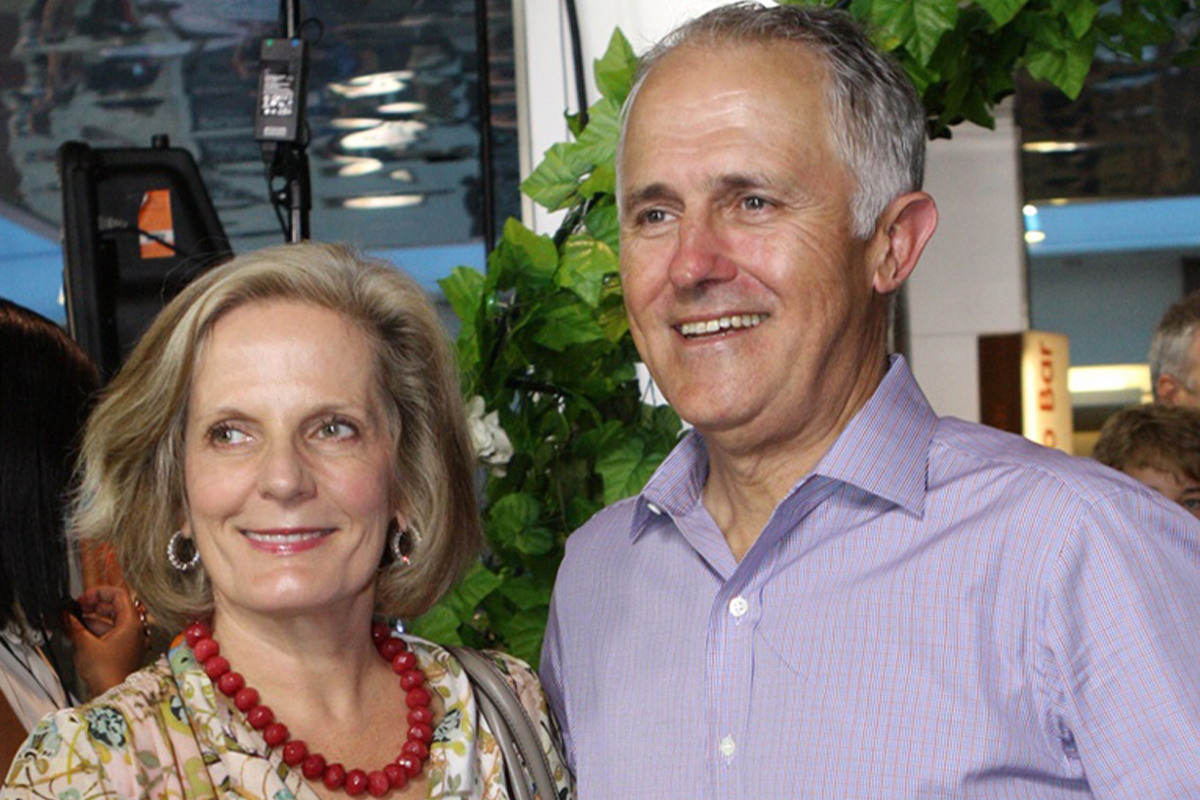Donald Trump’s travel ban targeting people from six Muslim-majority countries has been approved by the United States Supreme Court.
The ban, which is now fully in effect, blocks people from Iran, Libya, Syria, Yemen, Somalia and Chad from entering the US.
North Korean nationals and certain officials from Venezuela have also been blacklisted.
Seven of the nine justices approved the administration’s request to lift two injunctions imposed by lower courts that had restricted the ban to only those without family members or other connections to the US.
This is the third version of the President’s policy, which began with the signing of an executive order in January and stemmed from his election promise “to make America great again”.
In September, Mr Trump reiterated that national security would be compromised if he allowed people to enter to the US who could not be properly screened.
“As president, I must act to protect the security and interests of the United States and its people,” Trump’s statement said. The president later tweeted: “Making America Safe is my number one priority. We will not admit those into our country we cannot safely vet.”
As president, I must act to protect the security and interests of the United States and its people.
Since the first ban, Sudanese and Iraqi citizens have been taken off the list but it is understood they will remain closely monitored.
The previous two versions of the ban were blocked by the federal courts, and the latest amendment has been challenged in separate lawsuits by the state of Hawaii and the American Civil Liberties Union.
Those fighting the legislation say it discriminates against Muslims in violation of the US Constitution and is not permissible under immigration laws.
The San Francisco-based 9th US Circuit Court of Appeals and the 4th US Circuit Court of Appeals in Richmond, Virginia, will be holding arguments on the legality of the ban this week.







